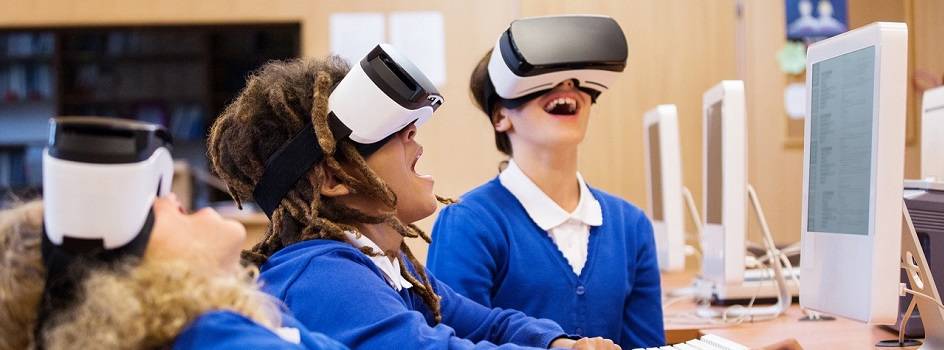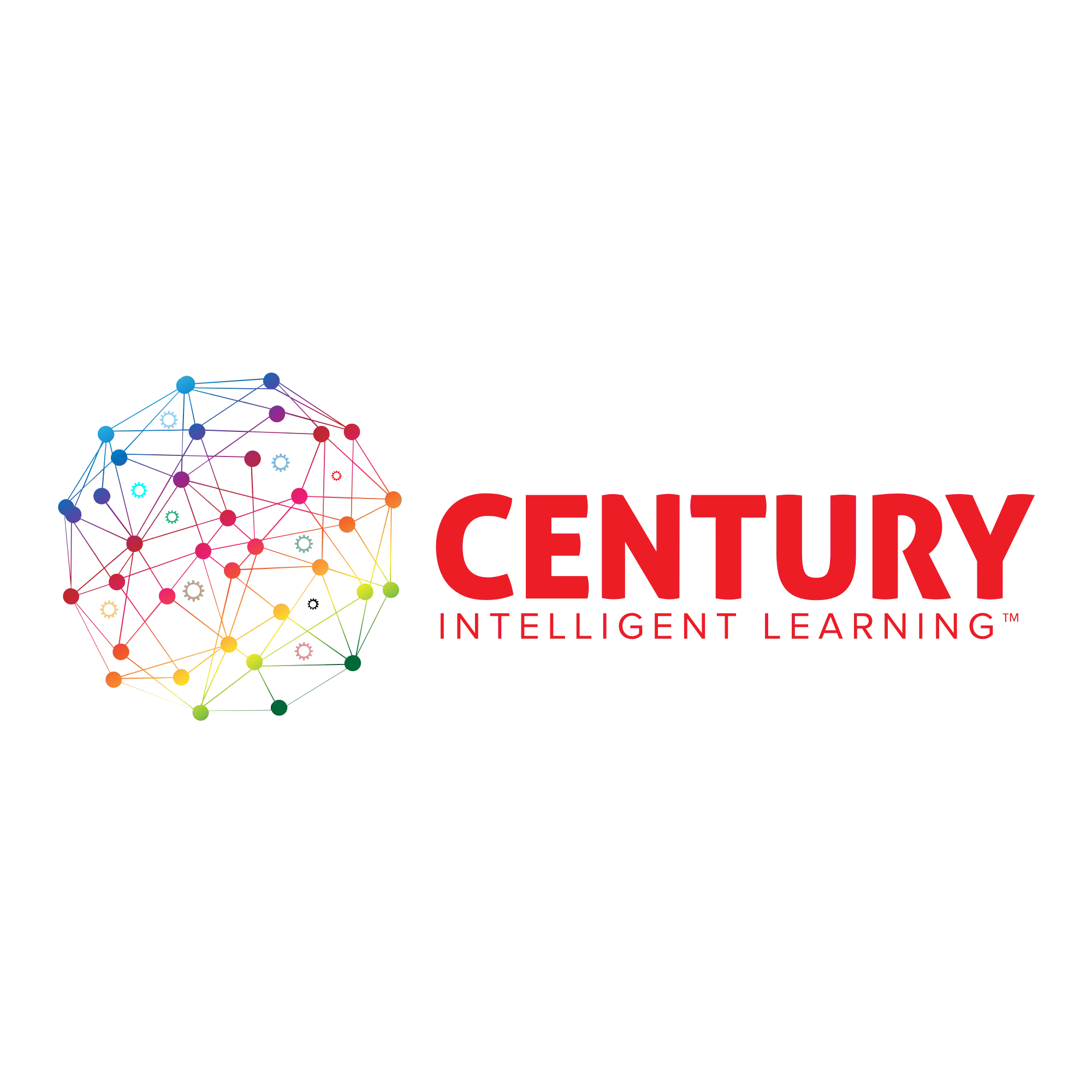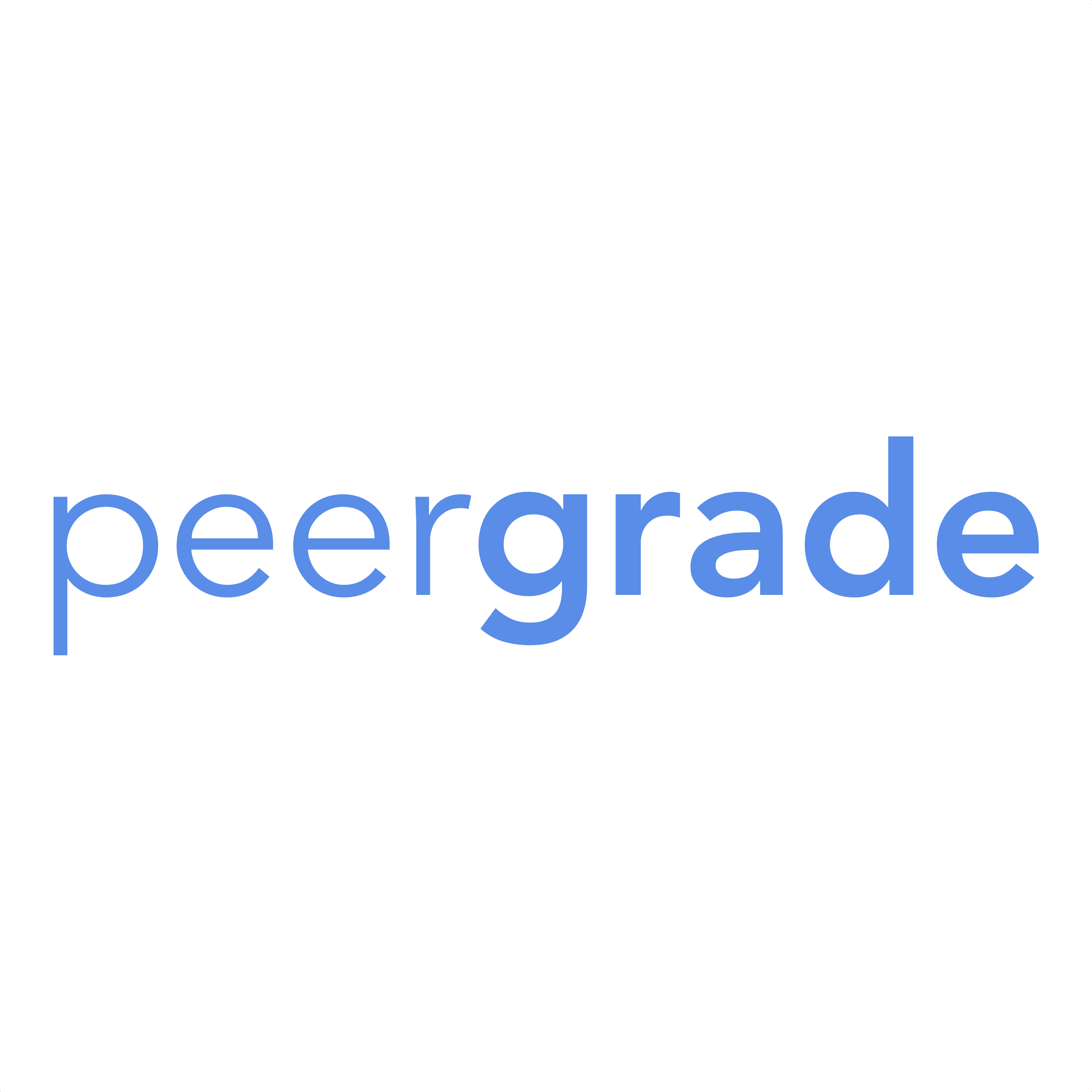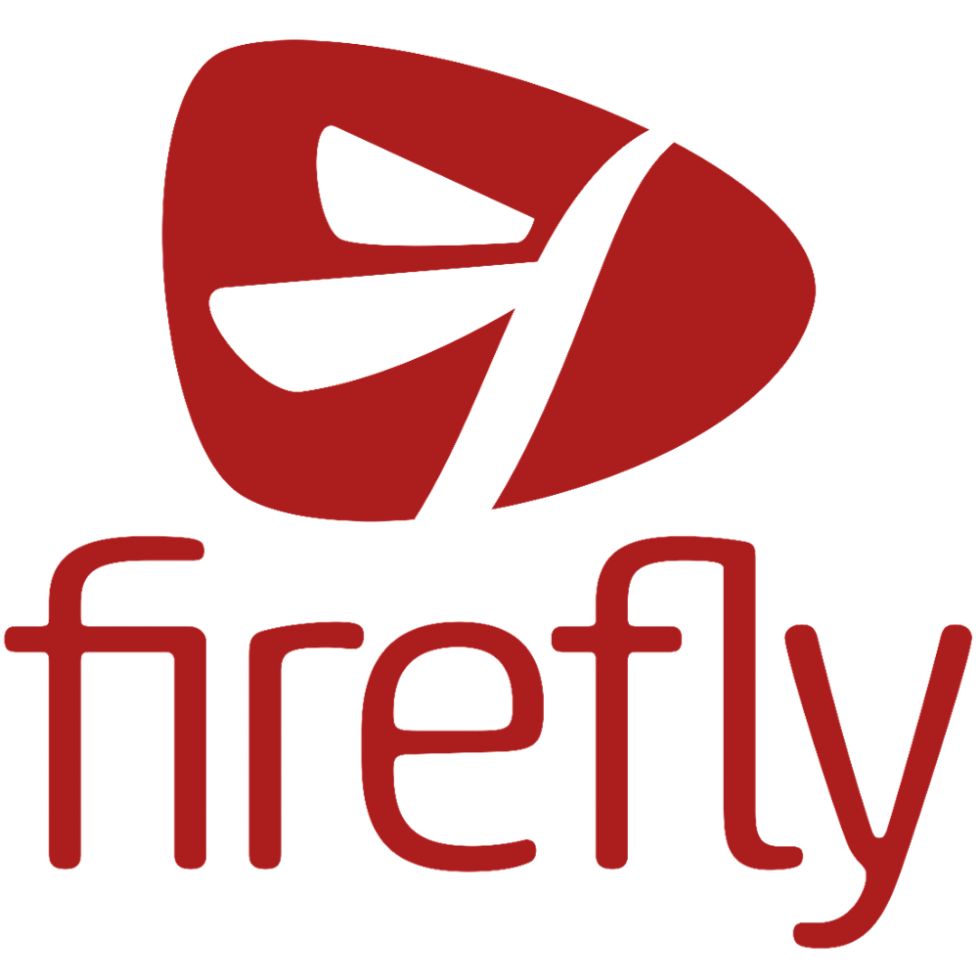With tech taking over almost every aspect of our lives, now it is education that is seeing the benefits of tech in teaching. Edtech in the UK is already starting to filter through to the classroom — especially in independent schools. Although the tech we currently have might seem up-to-date, the edtech that is being developed right now by startups has the potential to revolutionise the way we teach.
From AI-powered personal learning, to augmented reality language apps, to online platforms that facilitate peer feedback sessions, the future is just around the corner. And with students being fully integrated into the digital world already, these technologies could help modernise traditional learning practices.
The role of a teacher will always be vital in the classroom. But the potential, with this educational technology on board, is there to create a learning environment that is less stressful and more insightful for teachers, and better tailored and engaging for students.
There are many startups working in the edtech space right now. But here are five of the best that we believe have real potential for both teachers and students.








